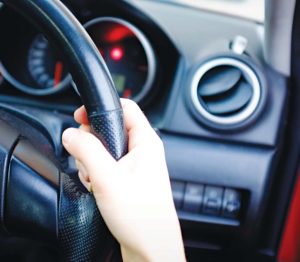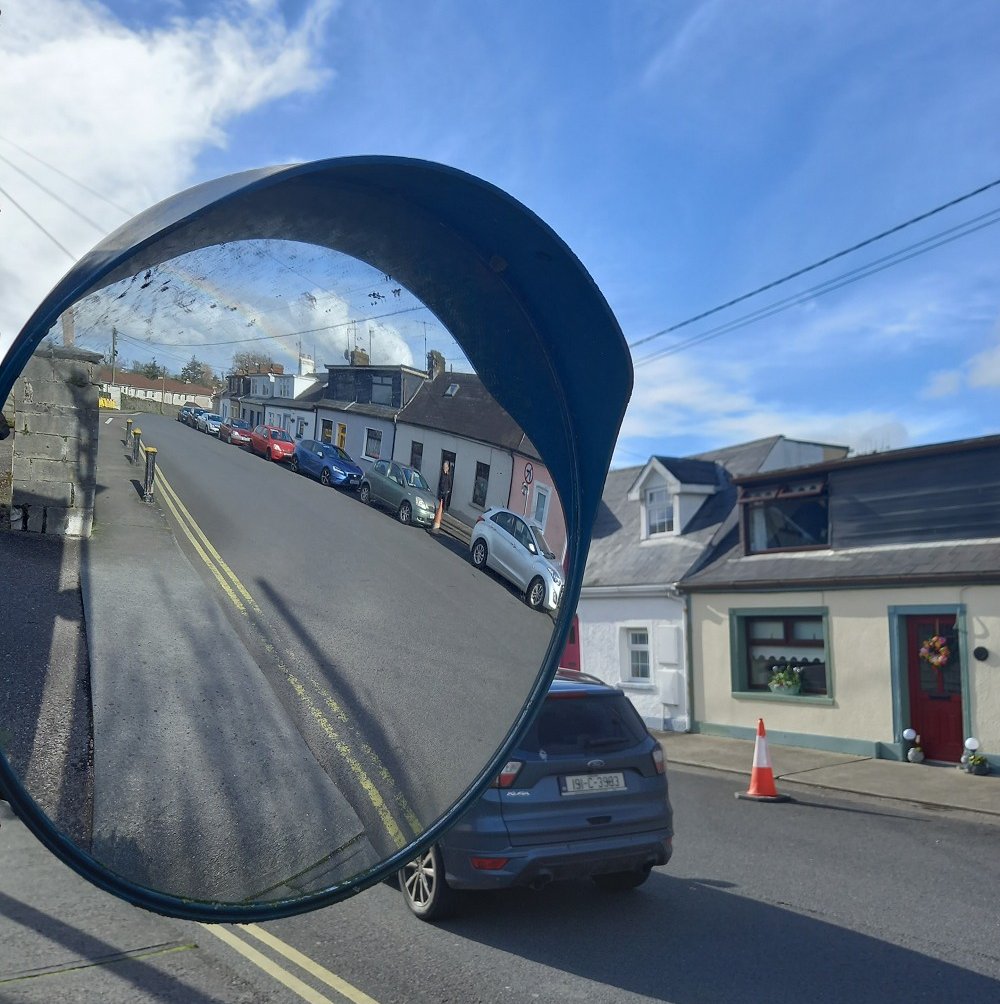Driving does not necessarily have to stop for people experiencing memory loss or those diagnosed with dementia.
A proactive approach would be to discuss driving with their general practitioner/consultant, and comply with the Medical Fitness to Drive Guidelines.
Following a medical evaluation, a referral for an on-road assessment may be recommended. For more information see Driving Assessment.
For many people, especially in rural areas, driving is essential to quality of life. Driving represents independence, integrity and confidence. It also provides a means to access necessary services, social interaction with family, friends and community.

View/Download
RSA ‘Sláinte agus Tiomáint’ >>

The loss of driving privilege impacts on self-esteem, can result in isolation, affects a person’s independence and can contribute to other social and health issues.
It is in everyone’s interest to keep a person with dementia mobile through driving for as long as possible, provided they are safe to do so.
When a person with dementia has to stop driving, it can be very challenging for the driver, their family, carer etc. Some people have great difficulty coming to terms with the loss, and everyone manages their stress differently. A person with cognitive impairment may have poor insight into their driving difficulties.
The following is a guide to help monitor and manage driving for a person experiencing age related memory difficulties, or who has mild cognitive impairment or who has been diagnosed with dementia.
Monitoring Driving
If you have a concern regarding a person’s driving ability, sit in and travel with them and observe their driving skills.
Cognitive impairment may result in a driver having poor insight, being unable to self-assess and therefore making unsafe decisions.
Be aware of increased car damage. (scrapes, dents, tyre wall damage)
Share opinions with family or close friends and remain objective.
Encourage discussions about driving with the person.
Limiting Driving
The most effective approach to limiting or stopping driving involves progressive steps.
Driving is best reduced over time rather than all at once, if possible.
Encourage the driver to stay on familiar routes and implement some restrictions such as avoiding night driving, long journeys, high speed roads, and complex routes.
Try to arrange family members/friends to do some of the driving for the person with dementia.
Encourage the use of public transport.
Discontinuing Driving
No two families resolve issues identically.
Once a person has been advised to stop driving, do not rush into selling the car.
Allowing the person with dementia to travel as a passenger in their own car helps ease the transition from driver to passenger.
Provided it is safe, allowing the person with dementia to keep car keys, licence and car often helps maintain dignity.
Taking away car keys, licence, selling the car should be a last resort and avoided. Such actions are abrupt, extreme and punitive, but may have to be considered.
When a driver has agreed to stop driving, be aware that the person with memory impairment might decide to pick up the keys and go for a drive, having forgotten they have previously agreed to discontinue driving.
Most importantly, having stopped driving, encourage the person with dementia to maintain their regular social activities.
Legal Requirements
In Ireland, a person diagnosed with a disability, illness or medical condition that may affect their ability to drive safely must inform their car insurance company.
Having informed the car insurance company, the insurers may request a letter from the driver’s doctor.
Having a medical diagnosis and being medically fit to drive should not increase the premium.
Failure to inform their car insurance company may render their car insurance policy void.
Drivers are also required to report to the National Driver License Service (NDLS) when they become aware of a health condition that may affect their ability to drive safely or if they have to use an adaptation to enable them to drive.
For further information:
